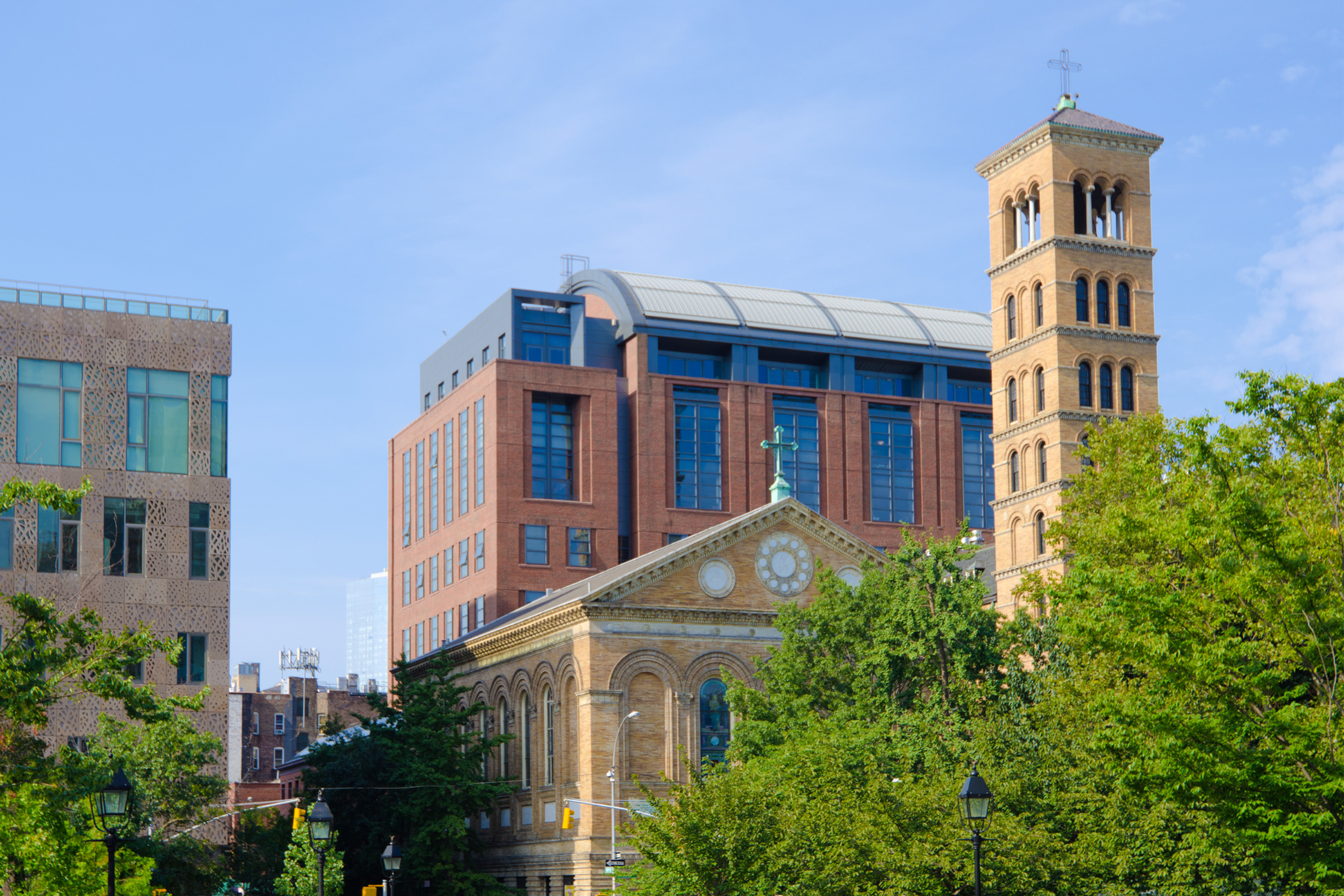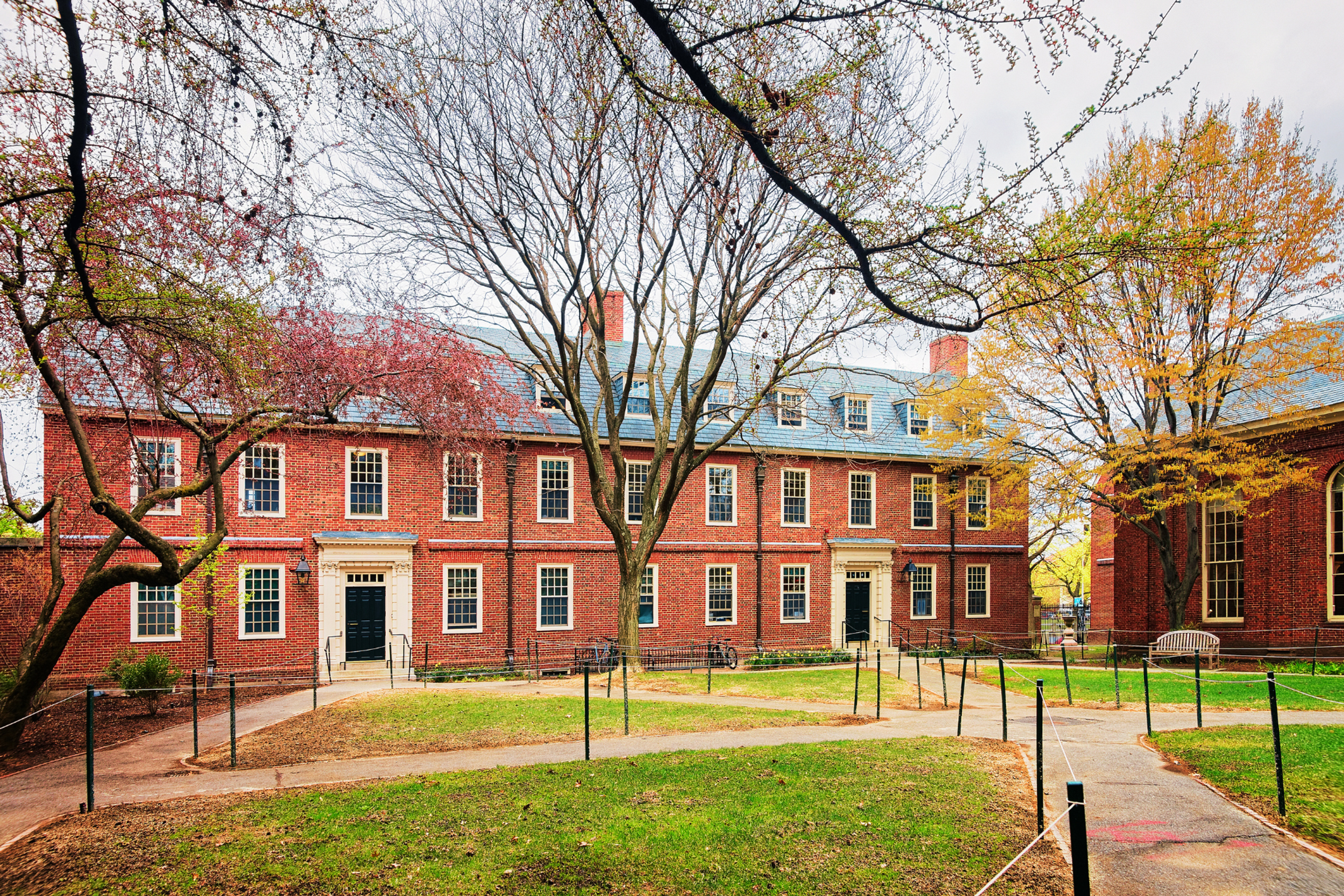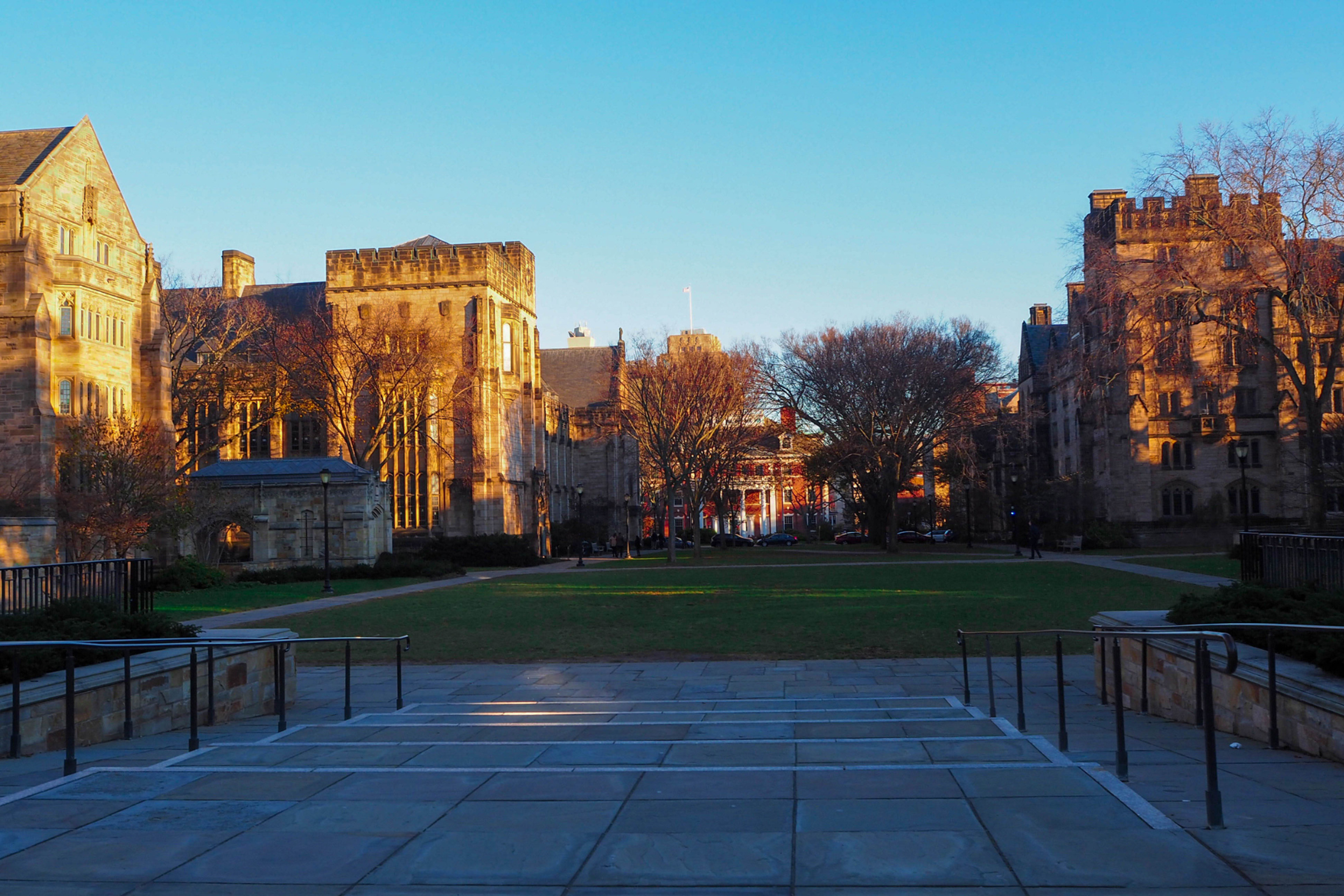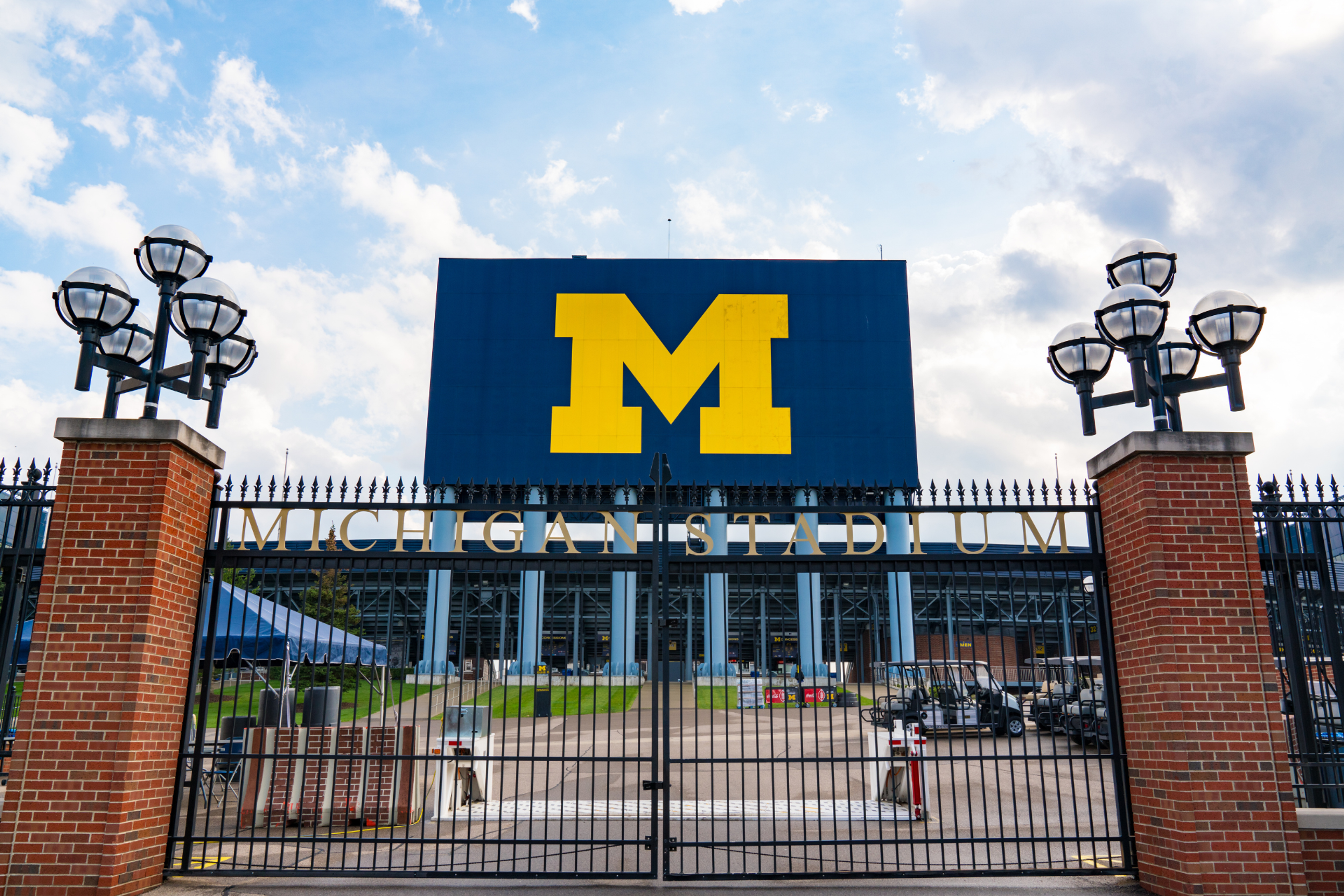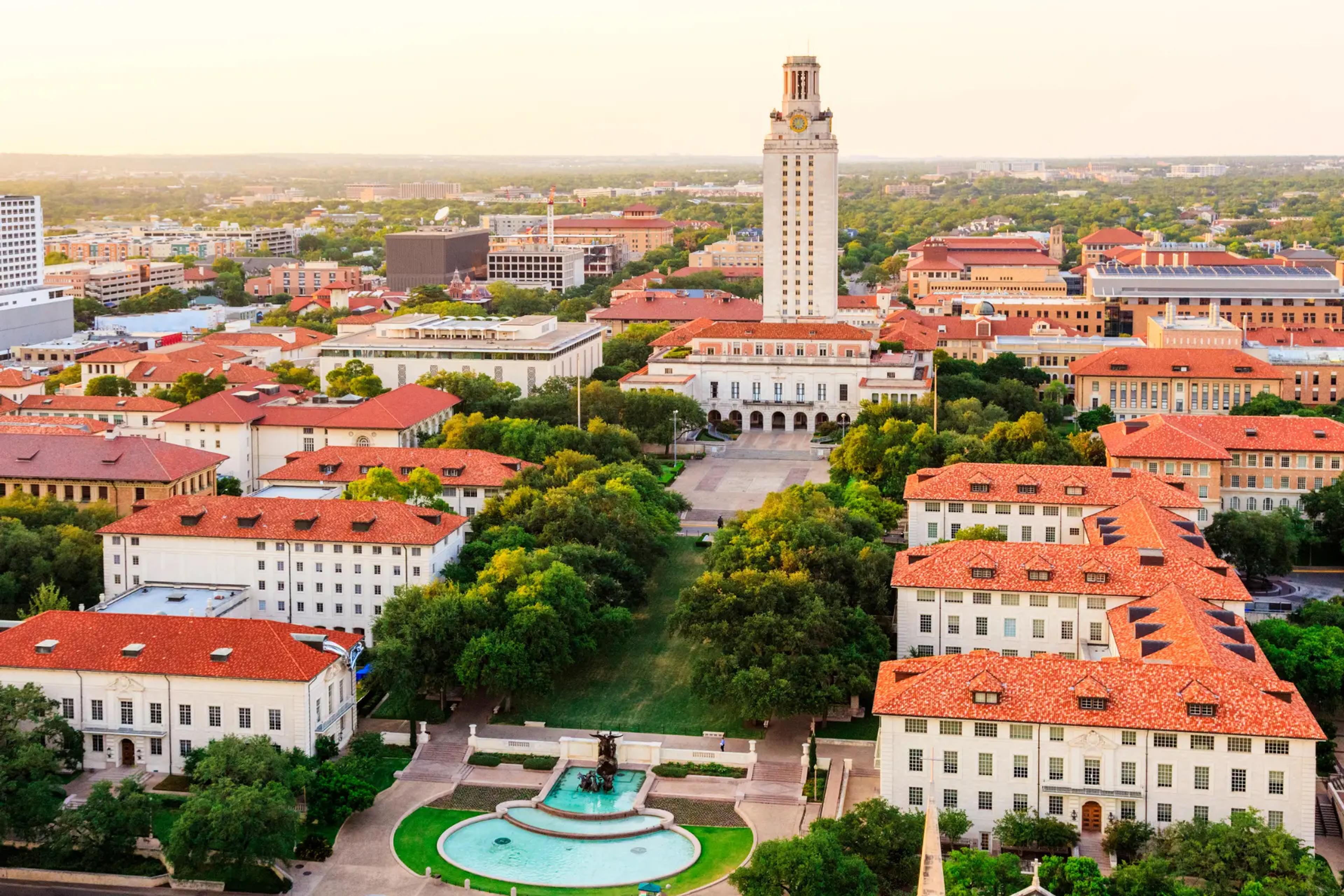Yale School of Medicine: Acceptance Rate Overview (2024)
Discover the latest acceptance rate overview for the Yale School of Medicine in 2024.
Posted March 6, 2025
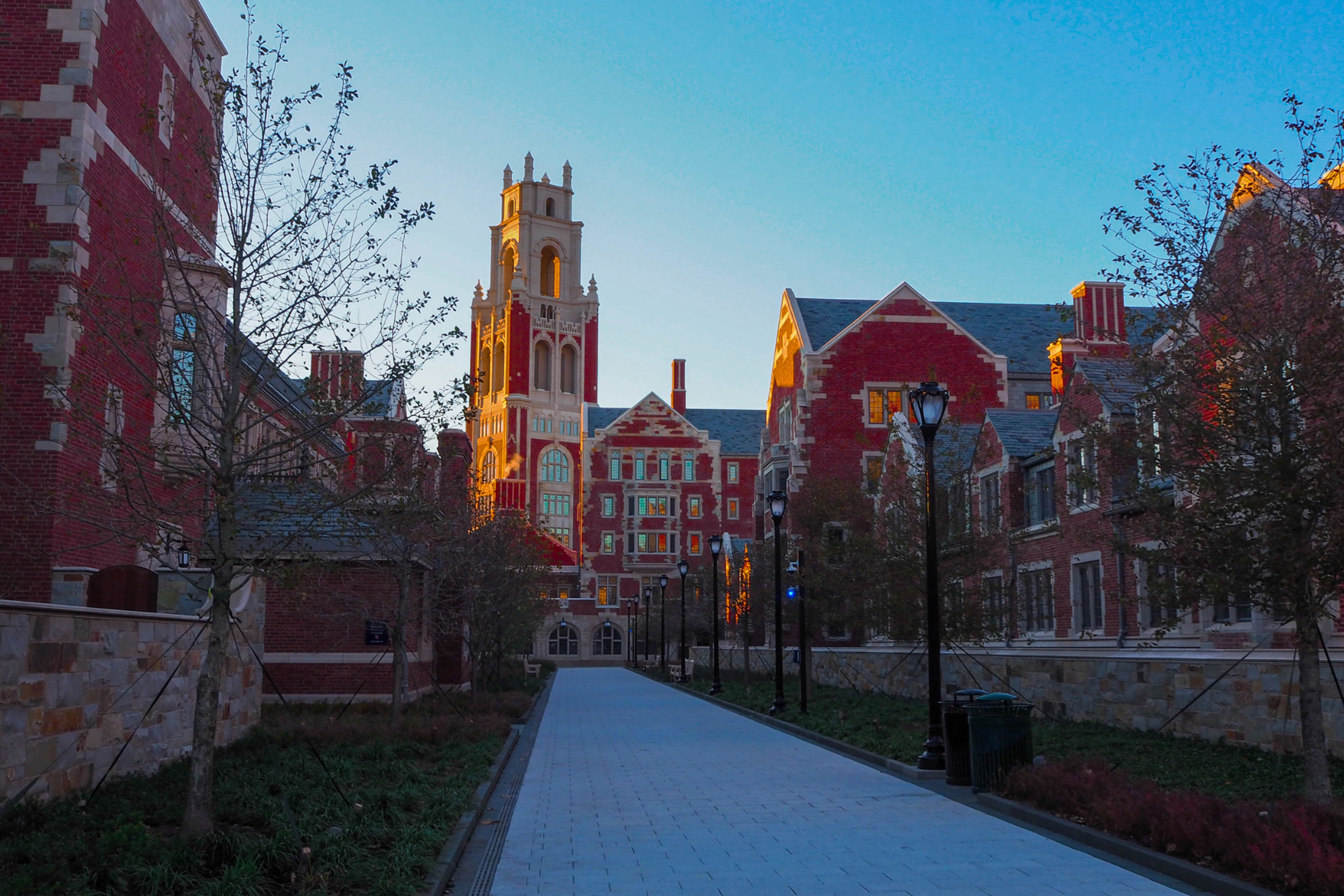
Table of Contents
The Yale School of Medicine, one of the oldest medical schools in the United States, has long been renowned for its rigorous academic programs and commitment to excellence in medical education. As aspiring medical professionals set their sights on this prestigious institution, understanding the acceptance rates can provide valuable insights. In this article, we will delve into the Yale School of Medicine's acceptance rate overview for 2024, analyzing the factors that impact acceptance rates, performing a year-by-year analysis, comparing Yale's rates nationally, and offering tips to improve your chances for admission.
Yale School of Medicine Acceptance Rate Insights
The Yale School of Medicine boasts an impressive reputation, attracting some of the brightest minds in the medical field. However, gaining acceptance into this esteemed institution is no easy feat. As for the class of 2027, Yale School of Medicine has an acceptance rate of 5.5% with 5,495 applicants. The school's acceptance rates are highly competitive, with only a small fraction of applicants receiving the coveted offer of admission. To understand the intricacies of these rates, let's explore the factors that influence acceptance at the Yale School of Medicine.
One of the primary factors that influence acceptance at the Yale School of Medicine is academic excellence. The school seeks applicants who have excelled in their undergraduate studies, particularly in the sciences. A strong GPA and a rigorous course load in subjects such as biology, chemistry, and physics are highly valued. Admissions committees also consider the rigor of the applicant's undergraduate institution, looking for candidates who have challenged themselves academically.
Research experience is another important factor in the acceptance process. The Yale School of Medicine places a strong emphasis on research, and applicants who have conducted meaningful research projects during their undergraduate years have a competitive edge. Research experience not only demonstrates a candidate's intellectual curiosity and dedication to the field of medicine but also provides valuable skills and knowledge that can be applied in a medical school setting.
Extracurricular activities and leadership roles also play a significant role in the acceptance process. The Yale School of Medicine seeks well-rounded individuals who have demonstrated a commitment to serving others and making a positive impact in their communities. Applicants who have engaged in volunteer work, participated in community service projects, or held leadership positions in student organizations are viewed favorably by the admissions committee.
Additionally, the Yale School of Medicine values diversity and seeks to admit students from a wide range of backgrounds. The school believes that a diverse student body enhances the learning environment and fosters a more inclusive and comprehensive approach to healthcare. Therefore, applicants who can contribute unique perspectives, experiences, and cultural backgrounds are highly sought after.
Lastly, the admissions process at the Yale School of Medicine is holistic, meaning that all aspects of an applicant's profile are considered. This includes letters of recommendation, personal statements, and interviews. The school looks for individuals who not only possess the academic and extracurricular qualifications but also demonstrate a genuine passion for medicine, strong interpersonal skills, and the potential to become compassionate and competent physicians.
Factors Affecting Yale's Acceptance Rates
Yale's acceptance rates are influenced by various factors that the admissions committee carefully considers when evaluating applications. Academic achievement is at the forefront of these considerations, with GPA and MCAT scores playing a significant role in the selection process. However, the admissions committee also looks beyond these numerical measures and seeks well-rounded individuals who demonstrate a deep commitment to the field of medicine.
When it comes to academic achievement, Yale's admissions committee takes into account not only the overall GPA but also the rigor of the coursework. They understand that different schools have different grading scales and academic standards, so they carefully evaluate each applicant's academic performance within the context of their school's curriculum. They also consider the MCAT scores as an indicator of an applicant's ability to handle the rigorous medical school curriculum.
But academic excellence alone is not enough to secure a spot at Yale. The admissions committee also places great importance on extracurricular activities, research experience, and community involvement. They believe that a well-rounded individual is more likely to thrive in the medical field and make a lasting impact on society. Therefore, they value applicants who have shown a genuine passion for activities outside of the classroom.
Yale encourages its applicants to explore their interests and pursue diverse experiences. Whether it's volunteering at a local hospital, conducting research in a laboratory, or participating in community service projects, these activities demonstrate an applicant's commitment to making a difference in the world. The admissions committee looks for applicants who have not only excelled academically but have also shown leadership skills, teamwork, and a dedication to serving others.
Yale also values research experience. They understand that research plays a crucial role in advancing medical knowledge and improving patient care. Therefore, they seek applicants who have engaged in research projects, whether it's through internships, summer programs, or collaborations with faculty members. Research experience not only demonstrates a commitment to scientific inquiry but also allows applicants to develop critical thinking and problem-solving skills.
Yale is committed to fostering a diverse and inclusive community. They believe that diversity in backgrounds, experiences, and perspectives enriches the learning environment and prepares future physicians to serve a diverse patient population. Therefore, they actively seek to admit students from different racial, ethnic, socioeconomic, and geographic backgrounds. They value applicants who can contribute to the diversity of the student body and bring unique perspectives to the classroom and clinical settings.
Read: Medical School Acceptance Rates: What You Need to Know and How to Improve Your Chances
Year-by-Year Analysis
An examination of the year-by-year acceptance rates at Yale School of Medicine can provide useful insights into the trends and patterns that applicants may encounter. While acceptance rates can vary annually, generally speaking, Yale's acceptance rates remain consistently low, making the competition fiercer each year.
It is crucial to note that applying to medical school is a highly competitive process, and acceptance rates can fluctuate due to a range of factors, including the number of applicants and the overall quality of the applicant pool. Therefore, prospective applicants should approach their applications with a comprehensive and realistic understanding of the challenges they may face.
Looking back at the past decade, the acceptance rates at Yale School of Medicine have shown a consistent upward trajectory. In 2010, the acceptance rate stood at 6.5%, indicating the intense competition among aspiring medical students. While it kept a steady as the years progressed, the acceptance rate in 2019 is 6.2%. However, this downward trend in Yale School of Medicine highlights the increasing difficulty of gaining admission compared to today's 5.5%.
One of the contributing factors to the low acceptance rates is the consistently high number of applicants. Each year, thousands of individuals from all over the world submit their applications to Yale School of Medicine, hoping to secure a coveted spot in the prestigious institution. With such a large applicant pool, the admissions committee faces the challenging task of selecting only a fraction of the applicants, resulting in a highly competitive environment.
Another aspect that influences the acceptance rates is the rigorous selection process employed by Yale School of Medicine. The admissions committee carefully evaluates each application, considering various factors such as academic achievements, research experience, extracurricular activities, personal statements, and letters of recommendation. This meticulous review ensures that only the most exceptional candidates are admitted, further contributing to the low acceptance rates.
Yale School of Medicine is renowned for its commitment to fostering diversity and inclusivity within its student body. The admissions committee actively seeks applicants from diverse backgrounds, including individuals from underrepresented communities and those with unique life experiences. This emphasis on diversity adds an additional layer of complexity to the selection process, as the committee strives to create a well-rounded and diverse cohort of future physicians.
Prospective applicants should also be aware of the importance of a strong academic foundation when applying to Yale School of Medicine. The institution places great emphasis on academic excellence, seeking candidates with exceptional grades and standardized test scores. However, it is important to note that academic achievements alone are not sufficient for admission. Yale School of Medicine values applicants who demonstrate a genuine passion for medicine, a commitment to service, and a desire to make a positive impact in the field of healthcare.
Yale's Rates Compared Nationally
Yale School of Medicine stands tall among its peers in terms of academic excellence and reputation, and this is reflected in its national ranking. However, when comparing acceptance rates, it is essential to consider the unique characteristics and mission of each institution. While Yale's acceptance rates may seem lower than those of other medical schools, it is crucial to remember that the admissions process is intricate and multifaceted.
For example, schools such as Stanford University School of Medicine, Harvard Medical School, and NYU Grossman School of Medicine have acceptance rates in the range of 2-4%. These schools attract outstanding applicants from around the world, making the competition fierce.
Seeking out schools with acceptance rates that align with your qualifications and aspirations can be a valuable approach. However, it is important to remember that acceptance rates are just one aspect to consider when selecting which medical schools to apply to. Factors such as curriculum, faculty, research opportunities, and location should also be taken into account when making informed decisions about your medical education.
Read: Acceptance Rates and Class Profiles of the Top 15 Medical Schools
How to Improve Your Chances for Admission
While the acceptance rates at the Yale School of Medicine may be daunting, aspiring medical professionals can take steps to strengthen their applications and improve their chances of admission. Maintaining a strong academic record, excelling in pre-med coursework, and aiming for an exceptional MCAT score are crucial foundations for a competitive application.
Engagement in meaningful extracurricular activities, such as volunteering, leadership roles, and research experiences, can demonstrate a genuine passion for medicine. Additionally, seeking mentorship from professionals in the medical field and actively pursuing opportunities to shadow healthcare providers can provide invaluable insights and strengthen your application. It is important to cultivate well-roundedness and exhibit qualities that align with Yale's mission and values.
Gaining acceptance into the Yale School of Medicine requires dedication, perseverance, and a comprehensive understanding of the application process. While the acceptance rates may appear formidable, armed with the right knowledge and experiences, you can position yourself competitively and stand out amidst the pool of applicants. Remember, each application is unique, and success lies in effectively articulating your passion for medicine and showcasing your potential to make a lasting impact in the field. Good luck!
Read these next:


